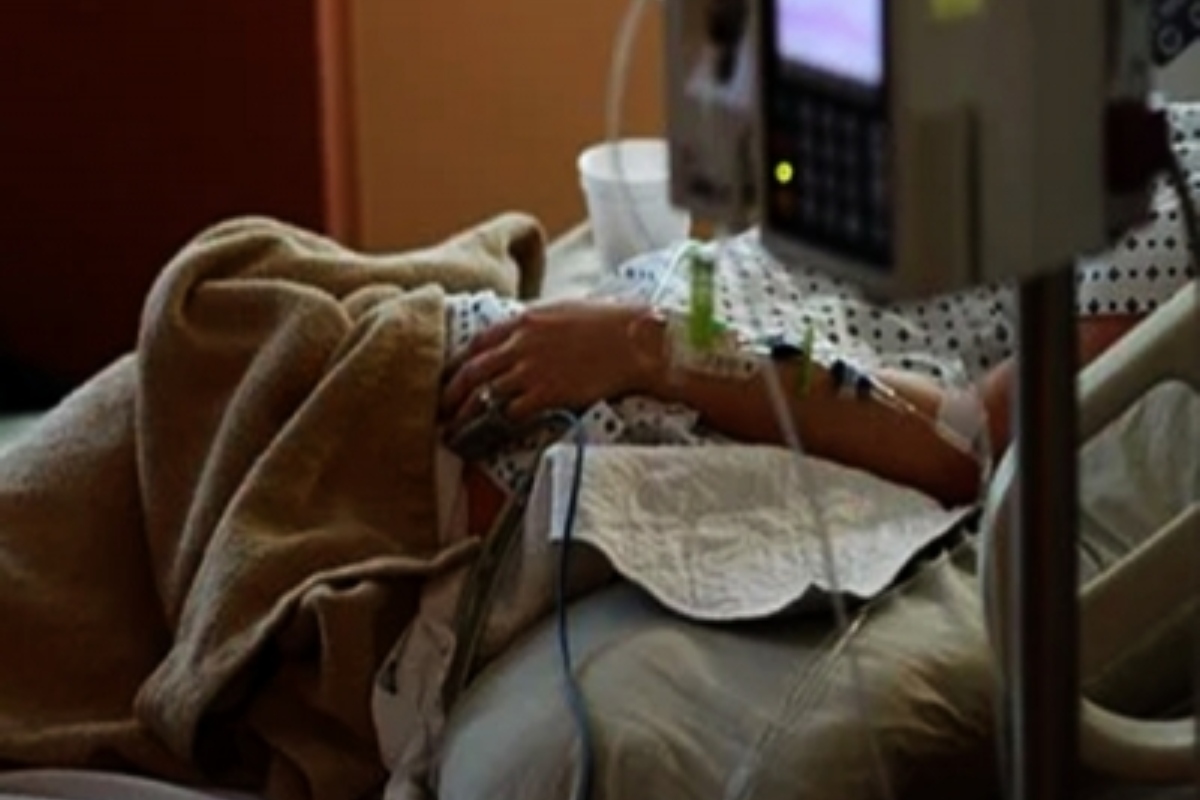Trump announces US withdrawal from World Health Organisation
Trump has long been critical of the WHO, and his administration formally withdrew from the organisation in July 2020 as the Covid-19 pandemic continued to spread.
The study, published in the peer-reviewed journal Lancet Psychiatry, compiled data from 33 studies from 22 countries, comprising 1,469,731 patients with Covid-19, of whom 43,938 had mental disorders.

IANS photo
The odds of dying or being hospitalised following Covid-19 infection in individuals with psychiatric disorders were found to be twice as high in comparison to persons without mental disorders, finds a study.
The study, published in the peer-reviewed journal Lancet Psychiatry, compiled data from 33 studies from 22 countries, comprising 1,469,731 patients with Covid-19, of whom 43,938 had mental disorders.
Advertisement
Individuals with psychotic disorders and mood disorders, as well as patients receiving treatment with antipsychotics or anxiolytics (anxiety reducing drugs) appeared as the most vulnerable groups for Covid-19-associated mortality. Patients with substance use disorders were also at increased risk for hospitalisation following Covid-19.
Advertisement
“Antipsychotics might increase cardiovascular and thromboembolic risks, interfere with an adequate immune response, and cause interactions with drugs used to treat Covid-19. Benzodiazepines — psychoactive drugs — are associated with respiratory risk, and are known to be associated with all-cause mortality. By contrast, some antidepressants were recently shown to have protective effects,” said Marion Leboyer, Professor at University of Paris Est Creteil, France.
In addition, social and lifestyle factors such as diet, physical inactivity, social isolation, high alcohol and tobacco use, and sleep disturbances, and a higher prevalence of somatic comorbidities might also have detrimental effects on Covid-19 prognosis, the researchers explained.
Researchers call for national and international health authorities to take concerted action by offering priority vaccination to patients with severe mental illness, intellectual disability, and substance use disorders, and highlight the urgency of actions to counteract possible reduced access to care.
Importantly, the study data revealed a striking contrast in patients with severe mental illness.
Patients with psychotic disorders in particular were affected by the highest mortality risk, but did not have increased risk of hospital admission.
“We know these patients face important barriers to physical healthcare, and our results suggest reduced access to care could have contributed to the increased mortality seen in this group.
“Public health authorities need to take targeted action to ensure maximum vaccination uptake for all groups of at-risk patients identified in this study. Close monitoring and adequate hospital referral in patients with psychiatric disorders who develop Covid-19 is needed to counteract possible reduced access to care,” said Livia De Picker from the University Psychiatric Hospital Campus Duffel, Belgium.
Advertisement